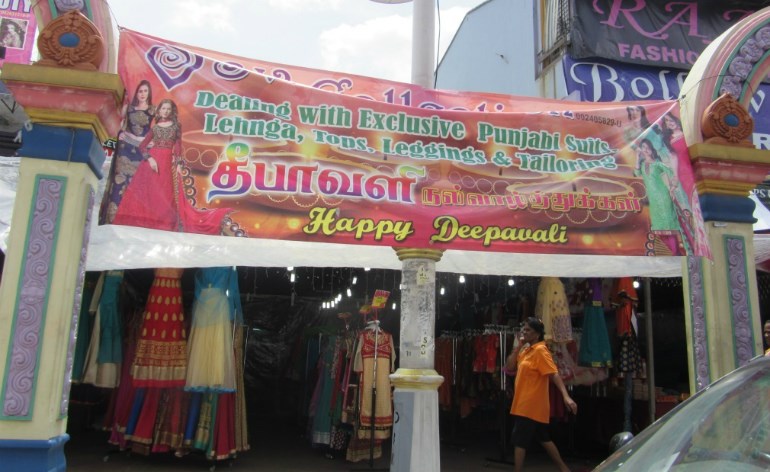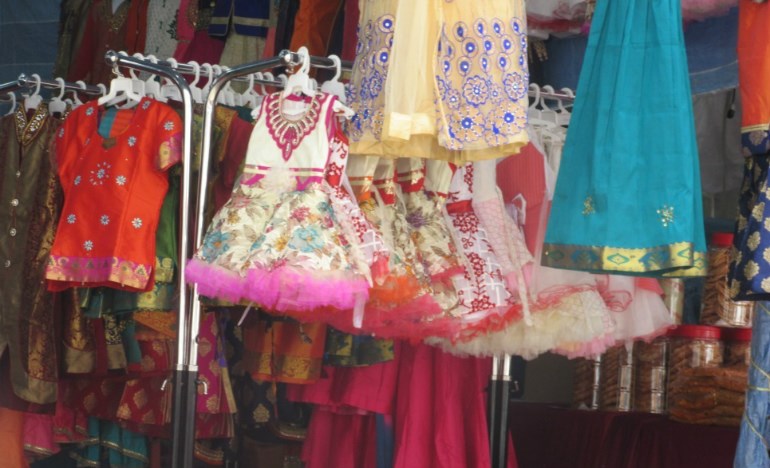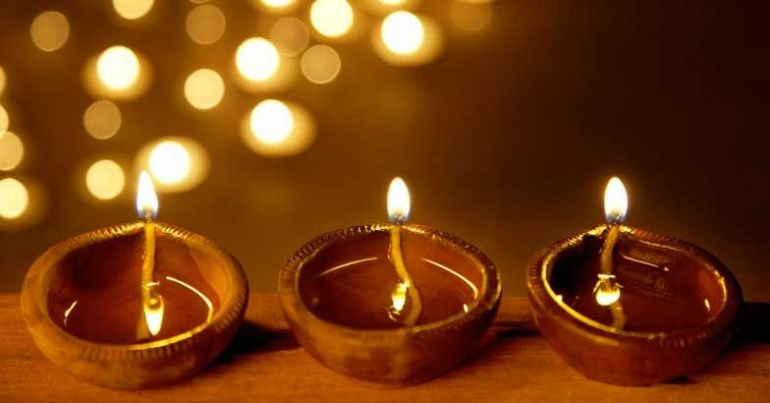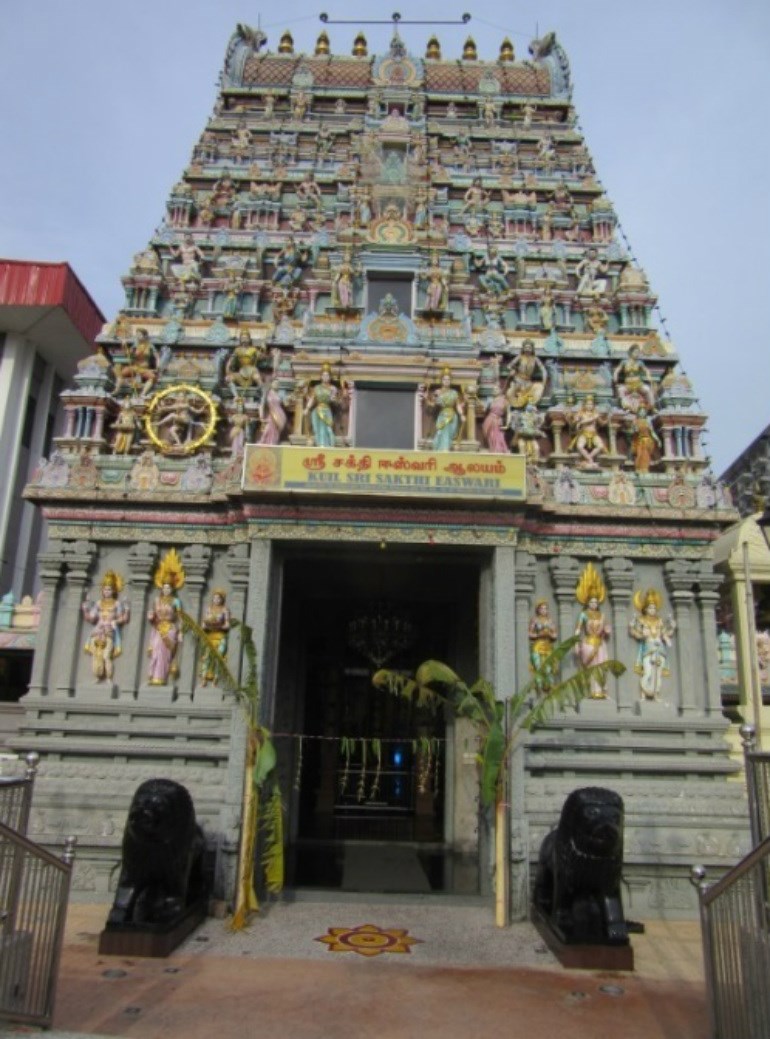Monday, October 16, 2017
Vishalache Balakrishnan
Deepavali, also known as Diwali, is a ‘festival of lights’ celebrated by those of the Hindu faith in Malaysia and all around the globe. It is one of the most popular festivals of the year for the Hindus in Malaysia who celebrate by observing and performing many traditional customs at home and in the temples as well.
The other ethnic groups in Malaysia such as the Malays, Chinese, Ibans and Kadazandusuns also look forward to this festival, which is full of vibrancy and colour.
In Malaysia, where Deepavali is a national holiday, the peak of the celebration is on the day itself, which starts several days earlier. In Hindu belief system, Deepavali marks the triumph of good over evil – the victory of Lord Krishna over the demon Narakasura.
Deepavali is a time for family reunions. Prior to the actual festival day, the festive season is felt. “Little India” which are all over Malaysia such as in Brickfields, Kuala Lumpur, Klang, Ipoh, Penang and Malacca become busy with stalls of all sorts. Items for sale such as sarees, kurthas, salvar kamez, bangles, costume jewellery, spices, and cookies of all sorts are such a wonderful sight to behold.
 Stalls around Little India, Brickfields
Stalls around Little India, Brickfields
 Clothes on sale for Deepavali at Little India Brickfields
Clothes on sale for Deepavali at Little India Brickfields
Decorations such as colourful garlands, twinkling lights and other traditional decorative items brighten up streets of Little India.
In my own experience from a child until now, a week or so before Deepavali, preparation is at full swing. We start doing spring-cleaning and throw away unwanted things which are not usable. The home is washed and cleaned. Deepavali cookies are made with great care to be used for prayers and open house.
On Deepavali eve, which falls on October 17, 2017 this year in Malaysia, we will pray for our dear ones who have departed from this worldly life. We usually cook their favourite food and by sunset, prepare the food on banana leaves to offer to the dead. After that we as a family will share and eat the food together. Then we light mud lamps outside our verandah. We can hardly do that in Wellington or Hamilton where the wind is too strong at night.

On the morning of Deepavali, we wake up before sunrise and take an old bath before heading to the temple for prayers and making some archanai (ceremonial rites) to receive blessings from the Gods. For the rest of the day, we usually have open house to family, friends and neighbours.
As with most other festivals in multicultural Malaysia, Deepavali is a day for people of all ethnics and religions to get together with lively open houses, firework displays and wonderful Indian delicacies. When I was in New Zealand, I was confused by the term ‘open house’ there which meant properties were for sale. As for in Malaysia, open houses meant places to go to and enjoy delicacies during festive seasons.
Hindu temples are grandly decorated on Deepavali day with flowers and devotees bring fruits and and other offerings as a sign of gratitude to their Gods.
 Sri SakthiEaswari Temple in Petaling Jaya
Sri SakthiEaswari Temple in Petaling Jaya
Overall, Deepavali is celebrated with great joy and harmony with the multicultural community in Malaysia. My greatest excitement of being in Malaysia is to be able to participate in the joyous moments of Deepavali preparations, celebrations and reflections of always wanting to have good over evil which is the actual philosophy behind this auspicious celebration.
Happy Deepavali to all celebrating this special joyful celebration in New Zealand.
May you be showed with blessings and good health for following years to come!
----
Author Info: Dr Vishalache Balakrishnan is of Indian-Chinese origin. Married to a Malaysian Indian, she practices mostly Indian cultural festivals including Diwali which is widely known as Deepavali in Malaysia and other countries like Singapore.
Dr Visha is a permanent resident of New Zealand and is currently attached to University of Malaya, Kuala Lumpur, Malaysia as a senior research lecturer and appointed as a research associate at the Waikato University, New Zealand.